Pure Gold is not used in jewelry, because it is soft and quickly loses its shape under the influence of mechanical stress. This explains why all decorations (ancient and modern) contain additives. They increase the hardness and plasticity of the material. An assortment of jewelry containing precious metalThe number of types of products is constantly increasing - alloys with different ratios of ligatures are being created. One of the options is 325 Sample. Its appearance on the market is still a mystery. There are many versions of the origin of this metal, but not all of them explain the unusual composition and properties of the material.
325th hallmark - what kind of metal is it: gold or silver
In fact, there is nothing supernatural about it: alloy man-made, exhibits characteristics peculiar to the valuable materials. But the metal, which received a value of 325 when pierced, is still very different from other types. This is due to its composition. According to the metric system, the lowest is assay 333But even it is not always specified in the tables.
The most simple in composition today is considered to be gold alloy 375.
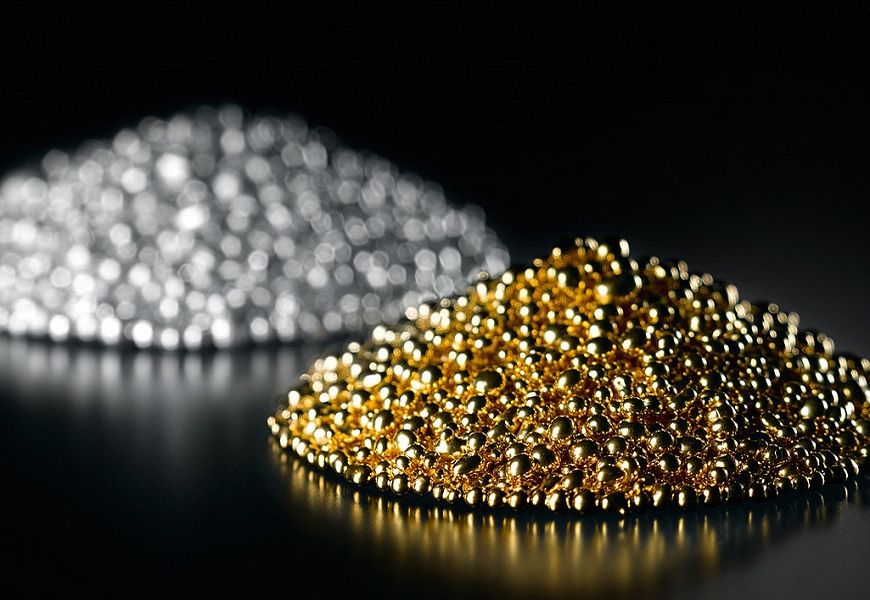
All three variants differ from each other in terms of gold content:
- Sample 325 - 32.5% of the precious metal;
- 333 - 33.3%;
- 375 - 37.5%.
In jewelry, only the last variant, 375, is used. The 333 variant is practically never used. This is due to the low content of the precious metal. A special position is held by gold of 325th hallmark. According to the normative documents, the hallmarking of jewelry is made on condition that the content of the precious metal exceeds 30%.
Theoretically, this fact allows us to consider the 325 alloy valuable, albeit to a lesser extent than all the others. But in fact there are a number of features that do not allow us to classify the metal as precious. If we look into these contradictions, we can make several conclusions:
- Alloy 325 is low-grade gold;
- contains a minimum amount of precious metal, which does not allow its use in jewelry, but makes it possible to create jewelry that is equal in appearance to the precious ones.
Important: According to the standards of Russia, Belarus, Ukraine, Kazakhstan, the material with the mark 325 cannot be classified as gold alloys.
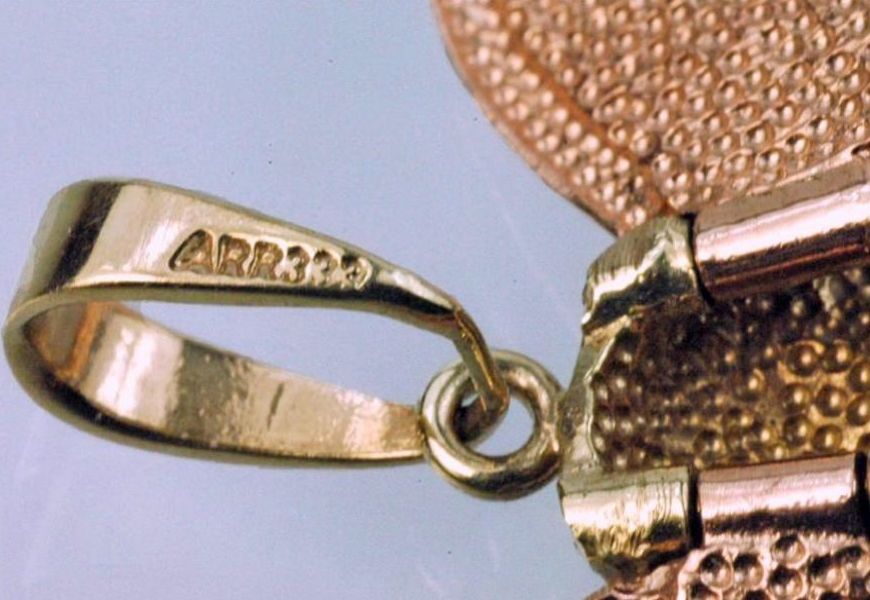
Sample 325: mysterious alloy and properties
The exact composition of the precious metal in this category is not named, because it may be different: it differs in the ratio of components, their type. Among the main, most commonly used are called:
- copper;
- tin;
- nickel;
- lead;
- silver;
- platinum group metals (e.g., palladium, but in small amounts).
As for properties, jewelry made of an alloy with a minimum content of precious metals is also characterized by contradictory characteristics:
- jewelry is worn well, but has a limited lifespan;
- The precious metal is sufficiently strong, wear-resistant, which is due to the small content of gold;
- the product of this type loses its original appearance, because the main components react with chemicals that contain sweat, cosmetics, household cleaning products, etc.;
- jewelry is pleasant to wear, due to the low weight - the earrings will not pull away earlobes, and the chain - to put pressure on the neck;
- In terms of appearance, products are often not inferior to precious, because they are composed of different components, their combination allows you to get a color close to gold, the shine is also present.
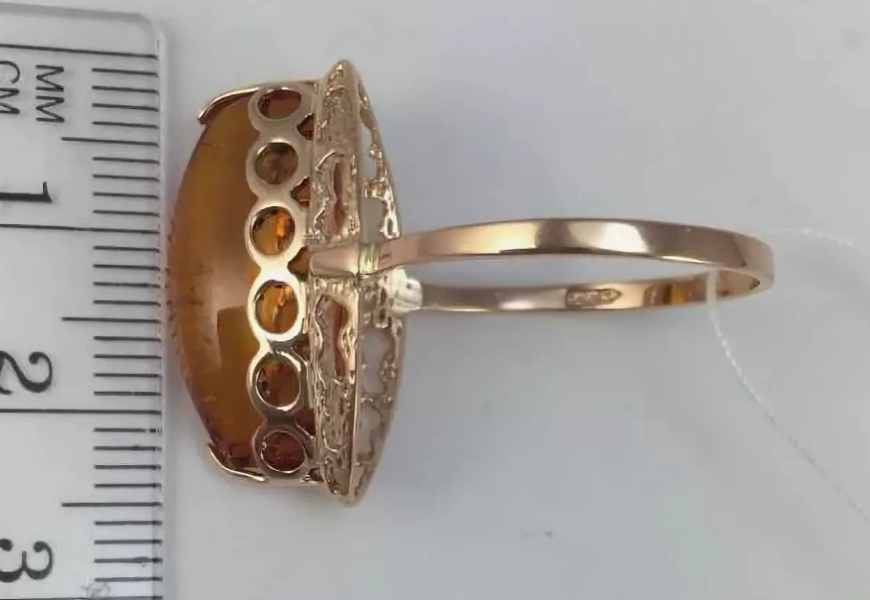
Does 325 silver exist?
Considering that specimen metal 325 with a great stretch can be attributed to the precious - gold-containing, albeit low-grade, many find enough reason to classify it as a silver alloy. But in this case there is even more controversy:
- According to GOST R 51152-98, the designation of silver jewelry begins with 800Therefore, precious metal 325 cannot be considered valuable;
- в alloy composition 800 includes silver and copper in the ratio 80% to 20%, if we take the same logic, we can assume that the metal 325 contains a small portion of silver, and the main share is copper - 67.5%.
Changing the composition (increasing the content of red metal) leads to serious deviations from the basic parameters normalized by GOST:
- finished products lose strength, which is due to a decrease in density, the same result can be obtained by adding tin, nickel, zinc;
- It will be difficult to process the material with cutting tools;
- The hue of the copper-based precious metal (assumed 325 proof silver) changes to yellow-orange, salmon-colored.
Considering all of the above, it can be argued that there can be no silver of 325 proof. The probability that the material contains a small fraction of gold, much higher.
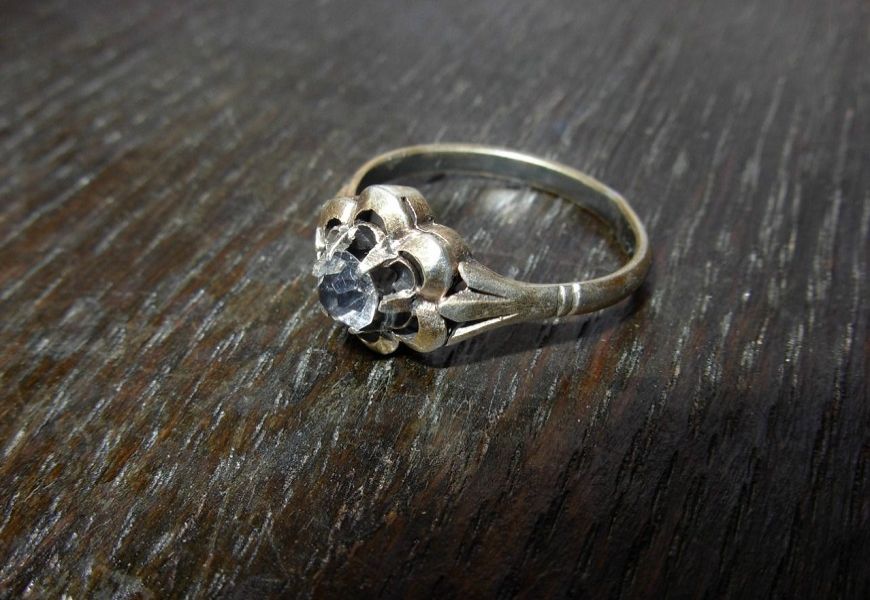
Ambiguous opinion on the status of 325 gold
StampingIt is not always the case that the metal belongs to the precious metals, as it contains a certain combination of numbers. It happens that ring stamping or earrings are performed by crooks. In this case, the product is positioned as valuable, but in fact is not. To understand which of the options is correct when studying the properties of 325 proof metal, it is necessary to consider different options.
Low-grade gold
The arguments above make it impossible to classify the metal 325 as a gold alloy of value. If a certain amount of gold (32.5%) is included, this is still not enough for jewelry applications.
Tibetan Silver
It is known that previously an alloy containing a small amount of precious metal was used. In Tibet, it was used for the production of jewelry. The technology of obtaining the low-grade material has survived to this day.
It is just used to make jewelry of low value.
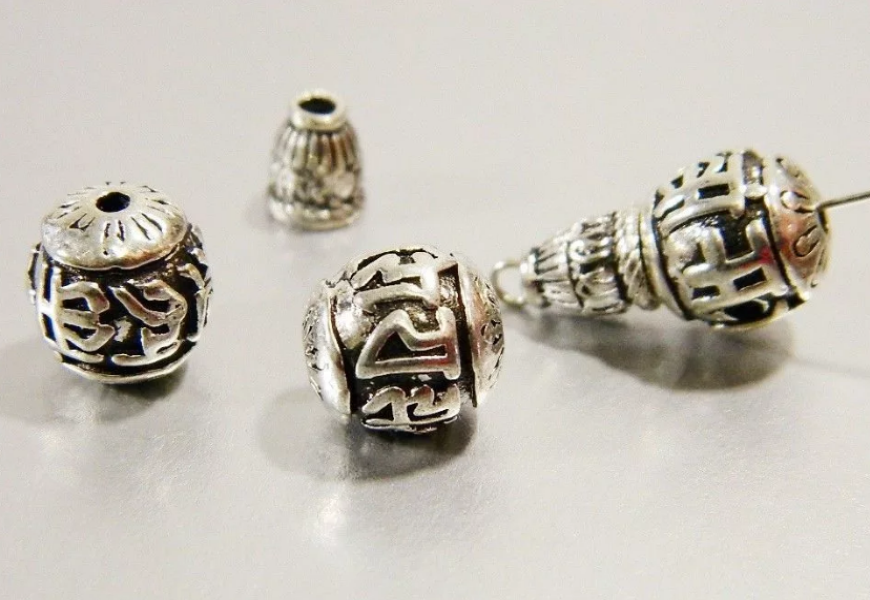
Alloy with gilding
Given the contradictory properties of the metal with the mysterious designation 325, many believe that it is a simple alloy with gilding. But in this case, there will be no branding on the product, although in appearance the ornament has much in common with valuable products.
Gypsy Gold
When there is a mark on the metal, it explains why many buyers immediately perceive the jewelry as if it contains a precious metal and is especially valuable. In fact, this is a trick used by crooks who sell a low-grade alloy for the price of an expensive metal.
It is believed that the 325 mark is put on such items for the purpose of deception. The material is even called gypsy. However, even here there is an inaccuracy. The gypsy gold corresponds in composition to the precious 375 standard, though it is the least valuable among those used in jewelry.
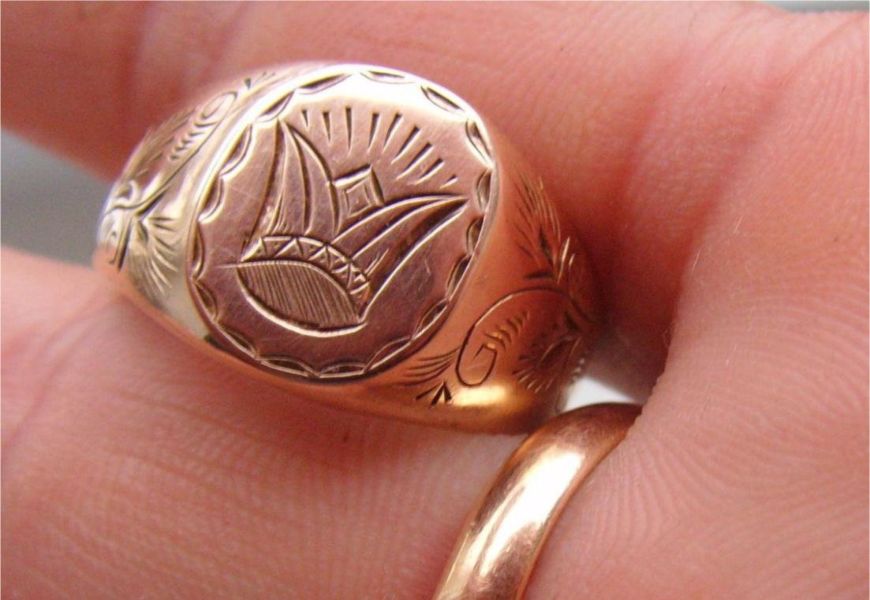
Alloy of copper + silver + gold
The use of small amounts of gold and silver produces a costume jewelry alloy. It has no value to jewelers, but in appearance it resembles a precious metal. This kind of alloy is called a tween alloy. This means only one thing: there is not enough gold in the alloy, but it is there.
Such a feature makes it possible to obtain attractive products. They are distinguished by their higher durability.
Correspondence to carats
Many speculate that the 325th assay is the result of the transfer from the carat to the metric system of assaying. In order to believe the version, it is necessary to make a simple calculation:
X*0.024=Y,
where X is a sample of the metric system,
Y is the stigma of the carat system.
As a result, you can get the answer - 7.8 carats. If you study the normative documentation, it turns out that there cannot be such a mark, which means that it must be rounded upwards to 8. But this value corresponds to another mark - 333.
So, variant 325 does not meet the foreign standard, not quoted in the world market.
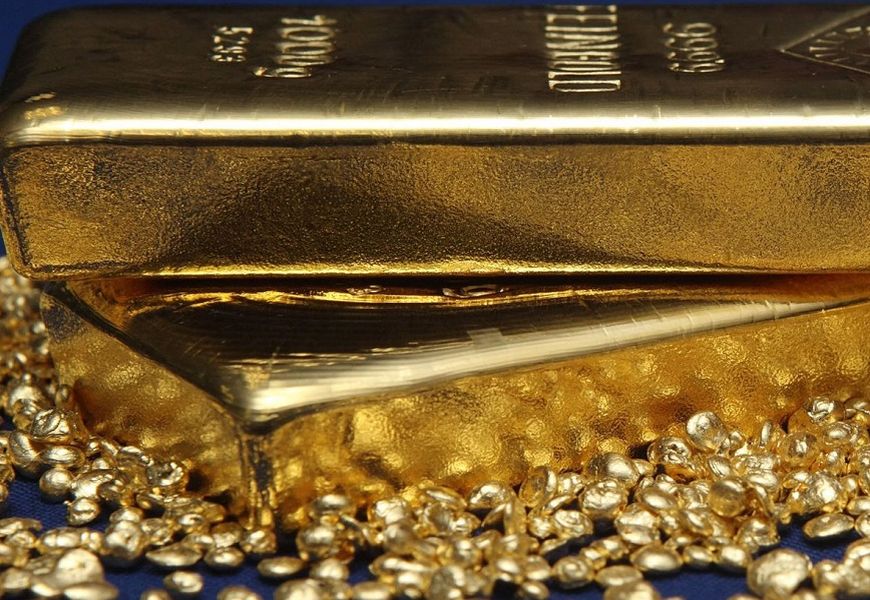
Exchange rate of 1 gram of gold
The price of precious metal is subject to change and depends on many factors. Among the main ones is the exchange rate:
| branded 999 (Central Bank of the Russian Federation), rubles. | Market price, rubles. | Metal for scrap, rub. | Jewelry stores, rub. |
|---|---|---|---|
| 3889 | 2917 | 2625 | 4083 |
But this is the cost of valuable metal. Alloy 325 does not contain enough gold. Accordingly, it is worth tens and sometimes hundreds of times less.
325 proof silver price per gram
The cost of the material is low, which is due to the low content of precious metals. An approximate price can be determined using the formula:
Exchange rate of the Central Bank (stigma 999) x 0.325 = the price of the alloy 325.
Given that today the Central Bank exchange rate is 63 rubles, we can find out the cost of the alloy 325 - 21 rubles.
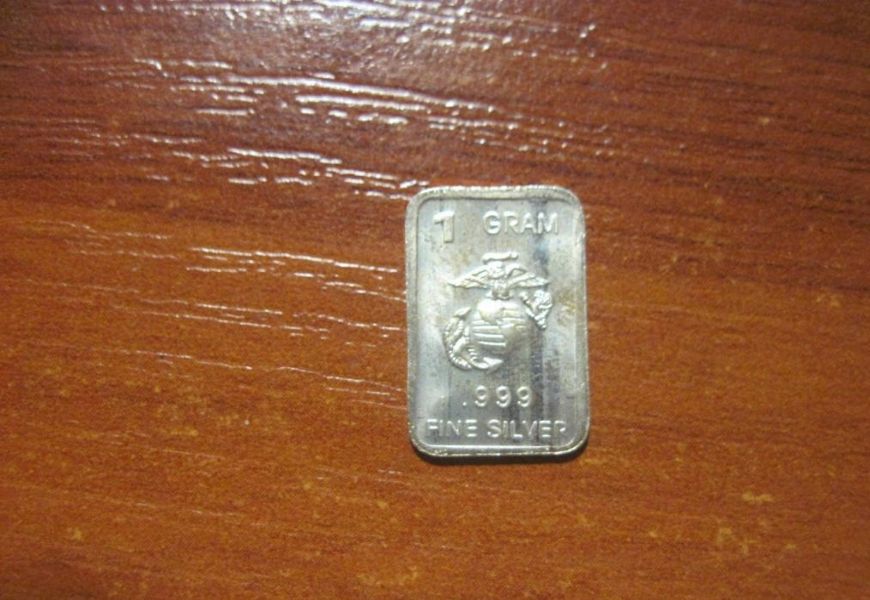
Nominal and actual value of the sample 325
When 325 proof gold is considered, the price per gram in rubles obtained by calculations will in any case be higher than the actual value. This is due to the fact that the formulas are developed for the precious metals. The material stamped 325 is not one of them. For this reason, it is necessary to be guided by market prices for similar products.
Is it possible to find low-carat gold today and where to sell it?
In Russia, you can buy and sell jewelry with the 325 mark via the Internet, by advertisement, at markets. Another option is in hot countries (Turkey, Egypt). You should not take such metal to a pawnshop for sale; they will not accept it. Likewise, there is no risk of purchasing items marked 325 in such organizations. Alloy is found quite often, although it does not represent any particular value, but before buying it, you should carefully inspect the costume jewellery: there should be no scratches, irregularities and other defects.
How to check the authenticity of jewelry and determine the sample
It is necessary to be guided by a number of attributes:
- valuable metal is stamped: - above 375 (gold), from 800 and above (silver);
- The alloy containing precious metals has a special luster (gold and platinum give a brighter shine than silver);
- valuable jewelry is heavier than costume jewelry.
By these signs you can distinguish gold and silver alloy from plain material, as well as between caps (stamped 325).
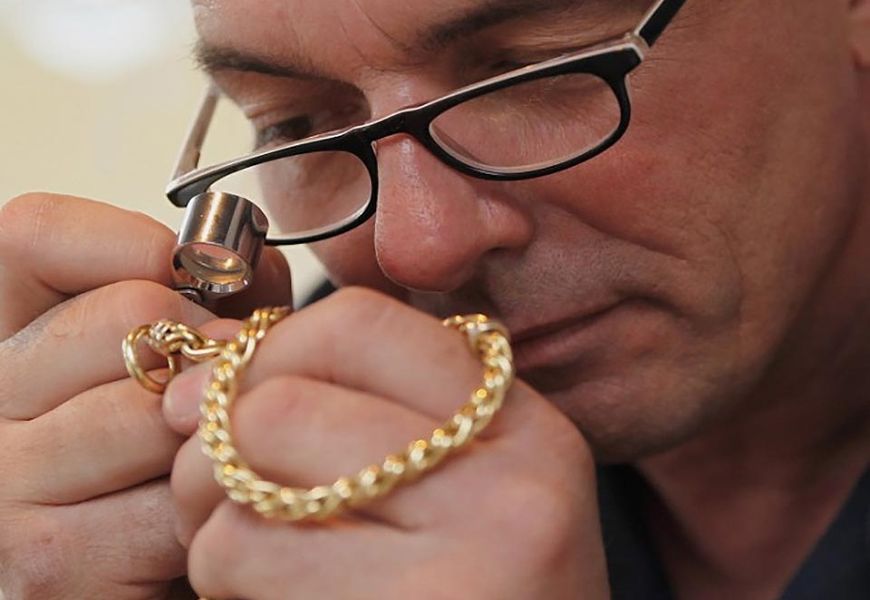
325 gold applications
Despite its modest properties, the metal is used in various fields:
- production utensilsThis possibility is due to the high thermal conductivity;
- Production of household items, interior;
- lighting fixtures;
- ritual products.
Because of the small amount of silver, the metal quickly loses its attractiveness - a green stain appears.
This is an oxide film formed by oxidation of copper.
Video: low-profile jewelry, what it consists of and how much it costs
Subject: Q&A
Is 325 proof silver available in nature?
I found an old blackened ring at my mom's house, how can I tell what kind of metal it is?
Is 325 proof silver good or not?
Jeweler's comment

